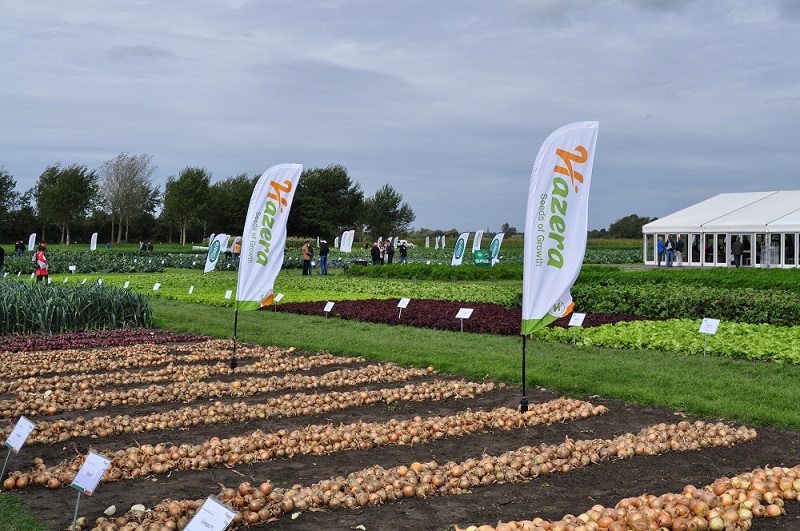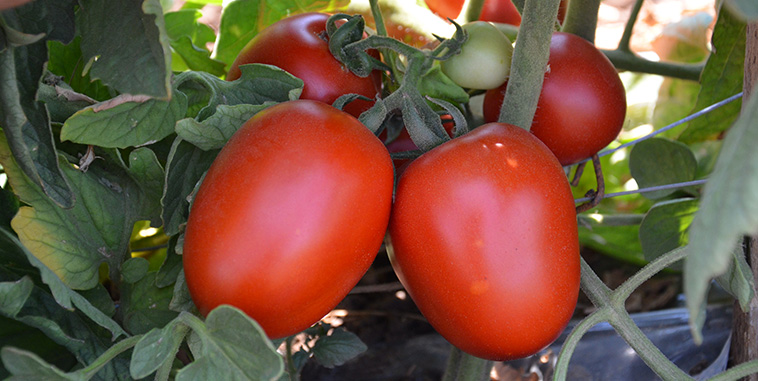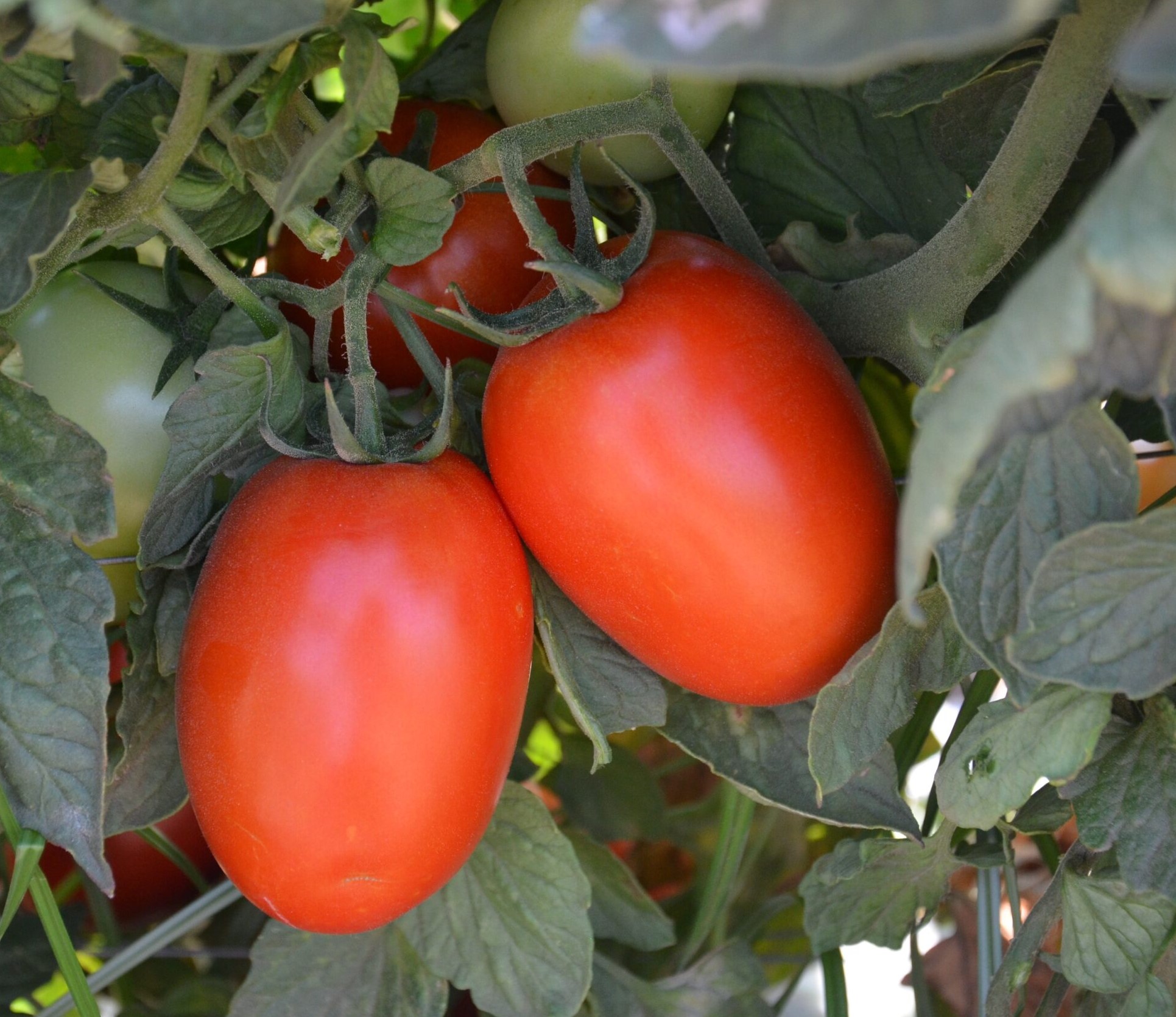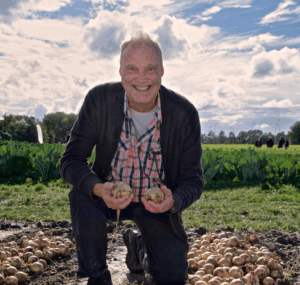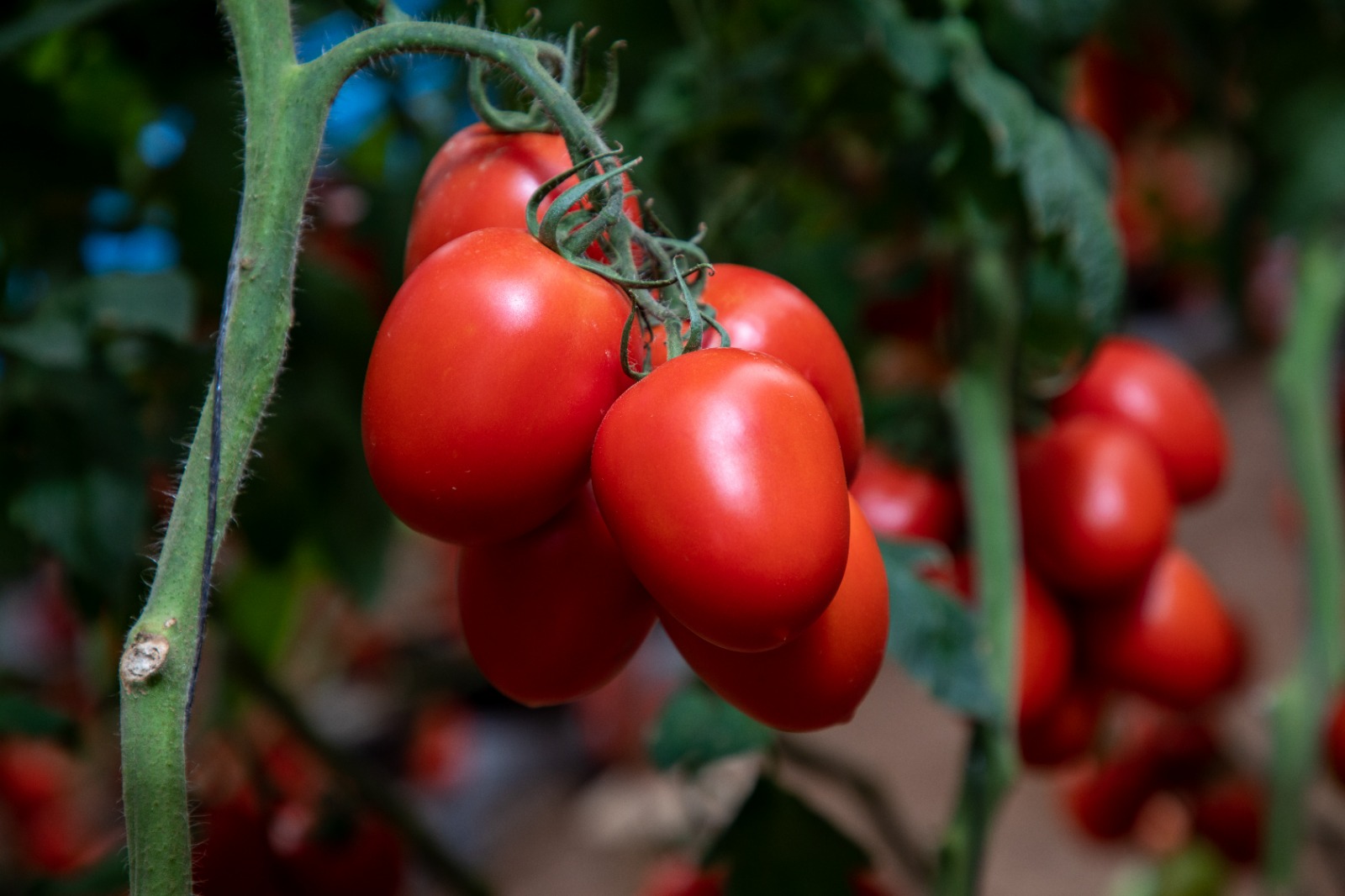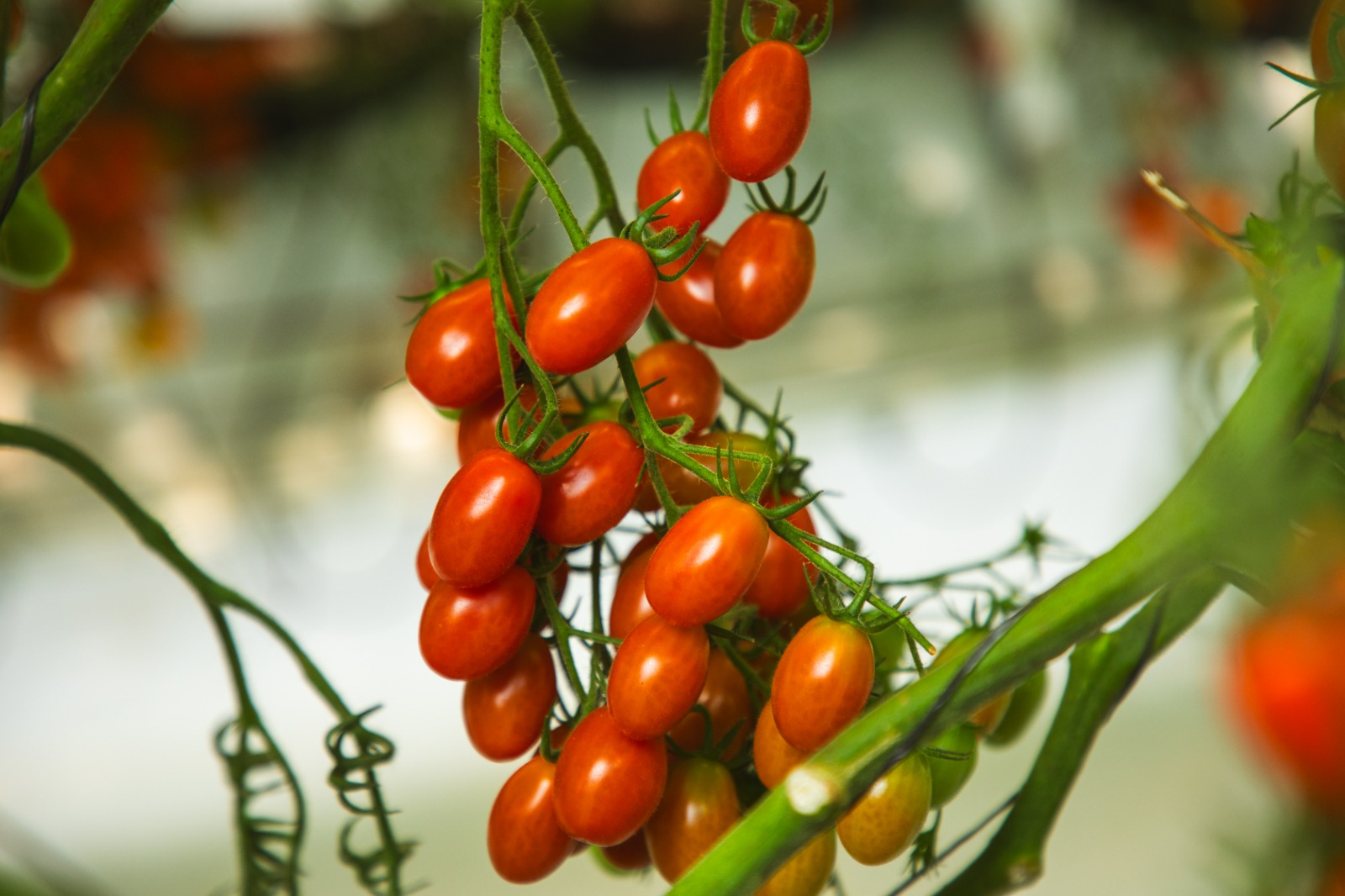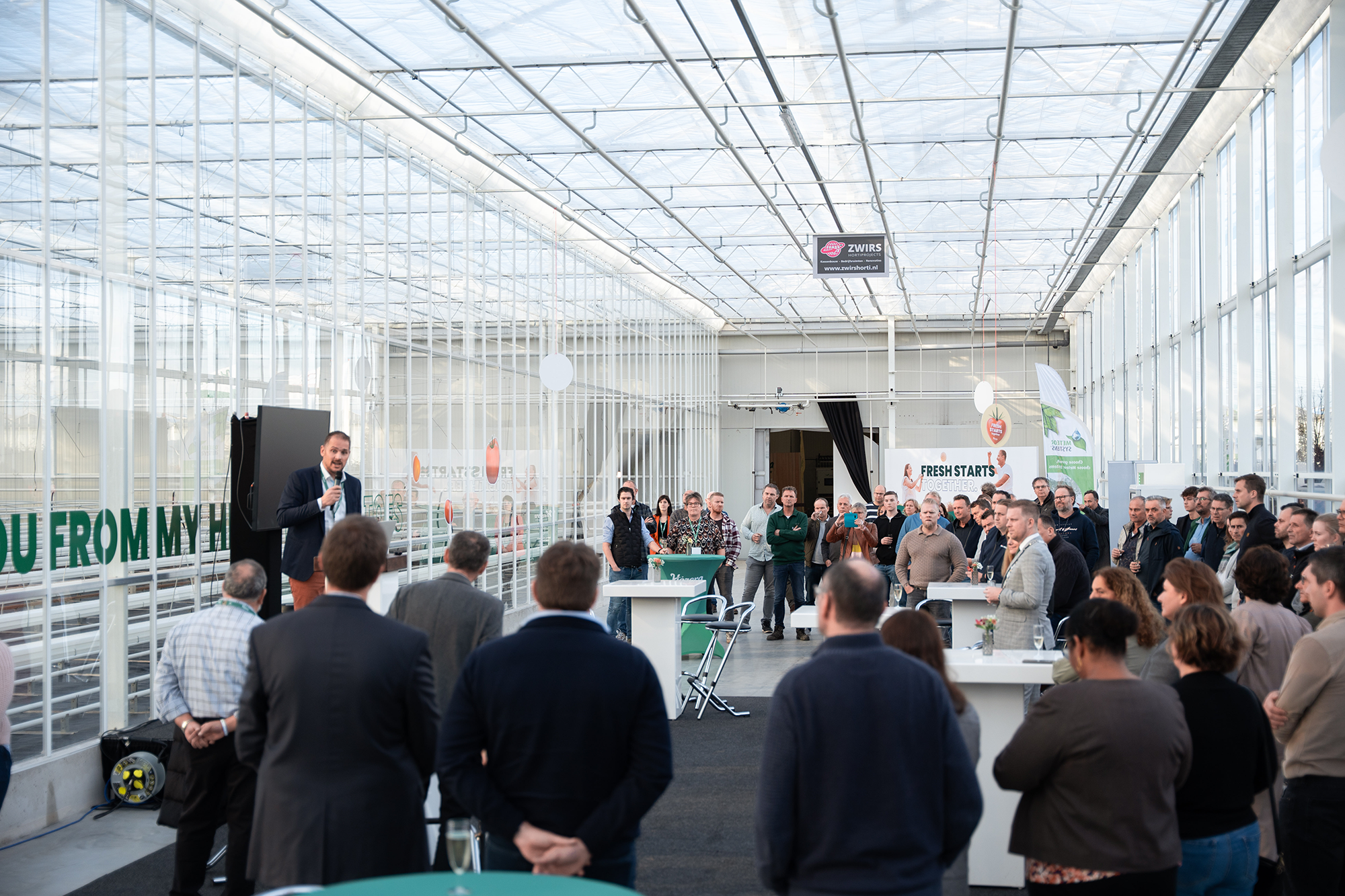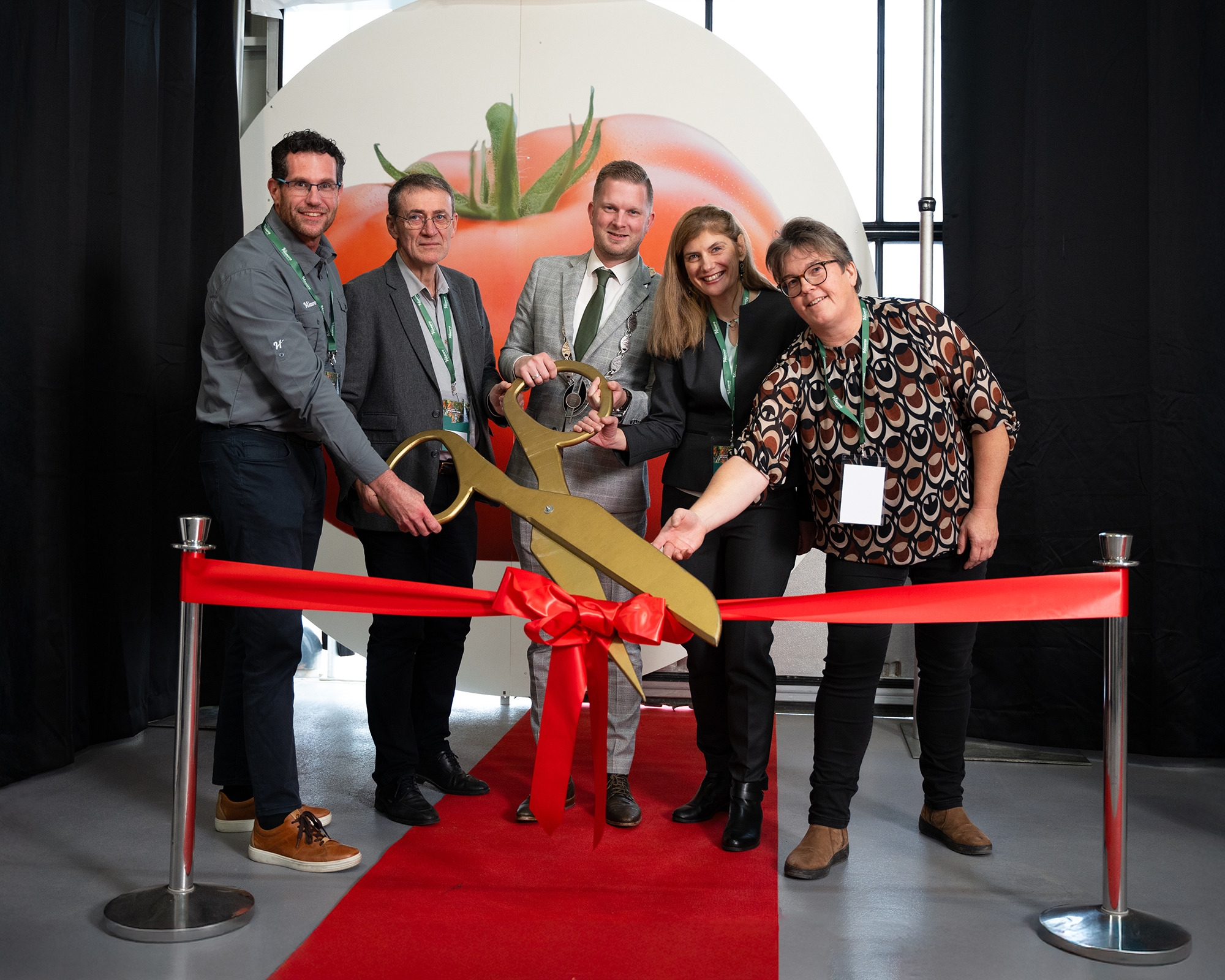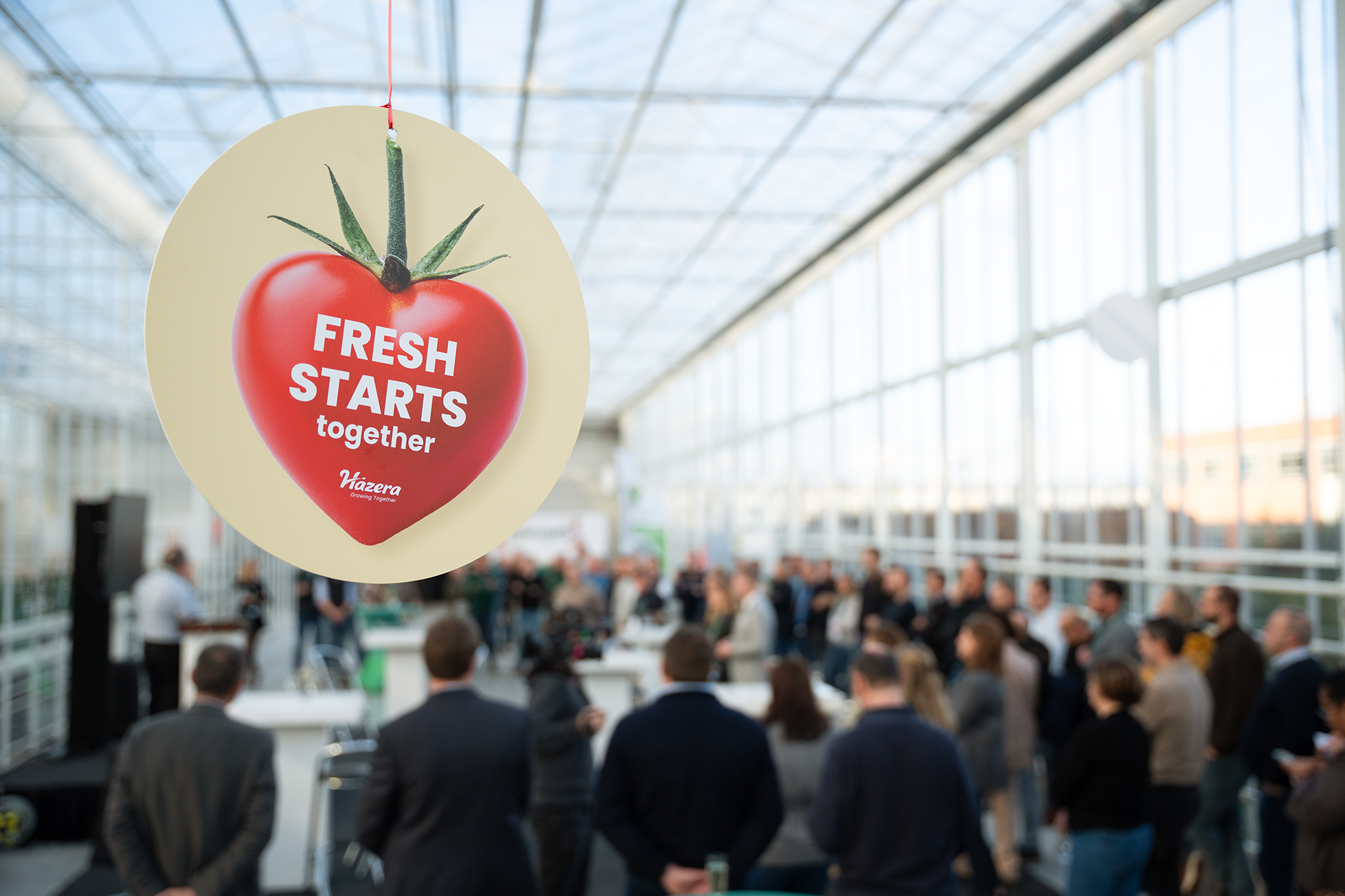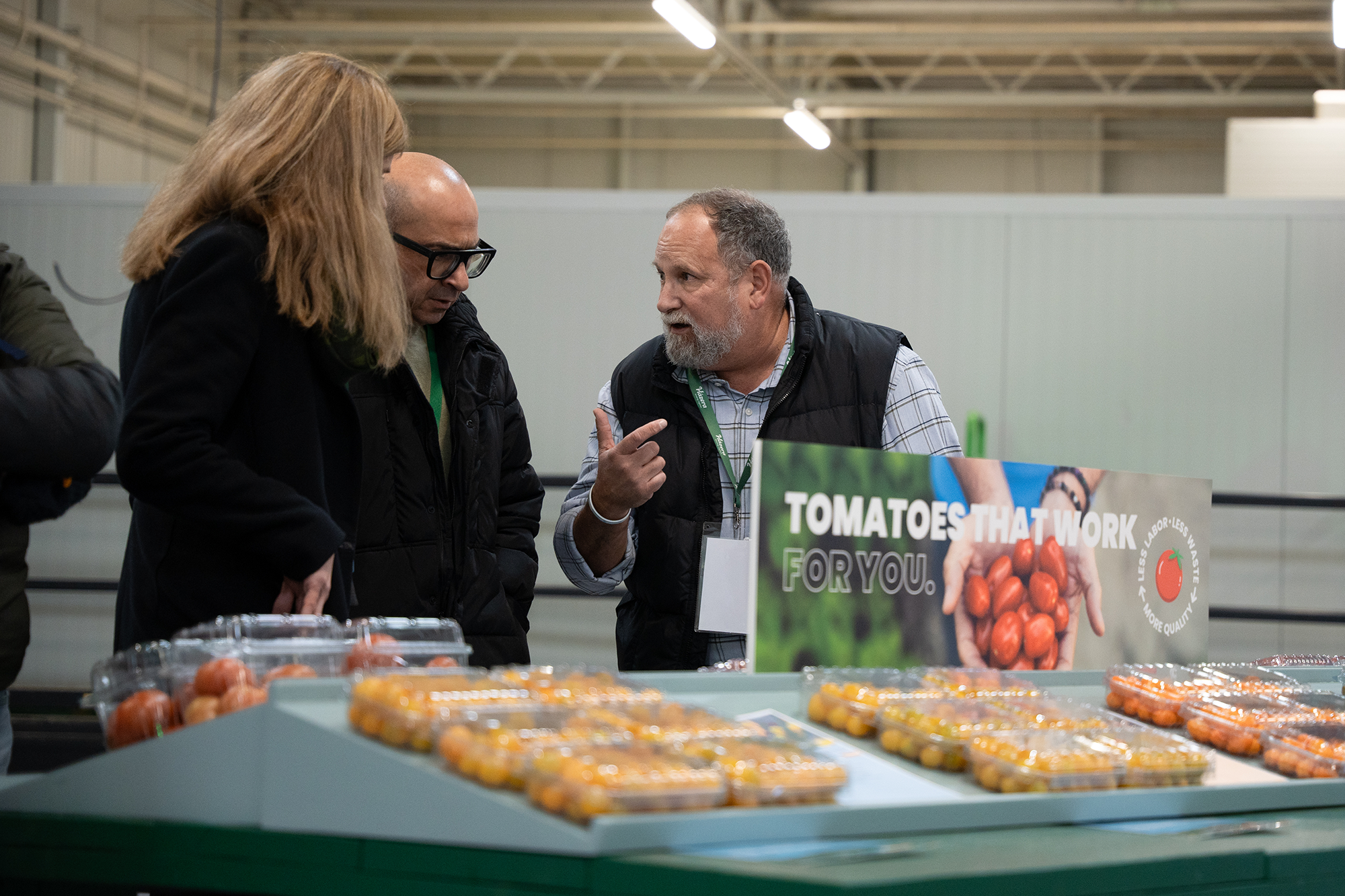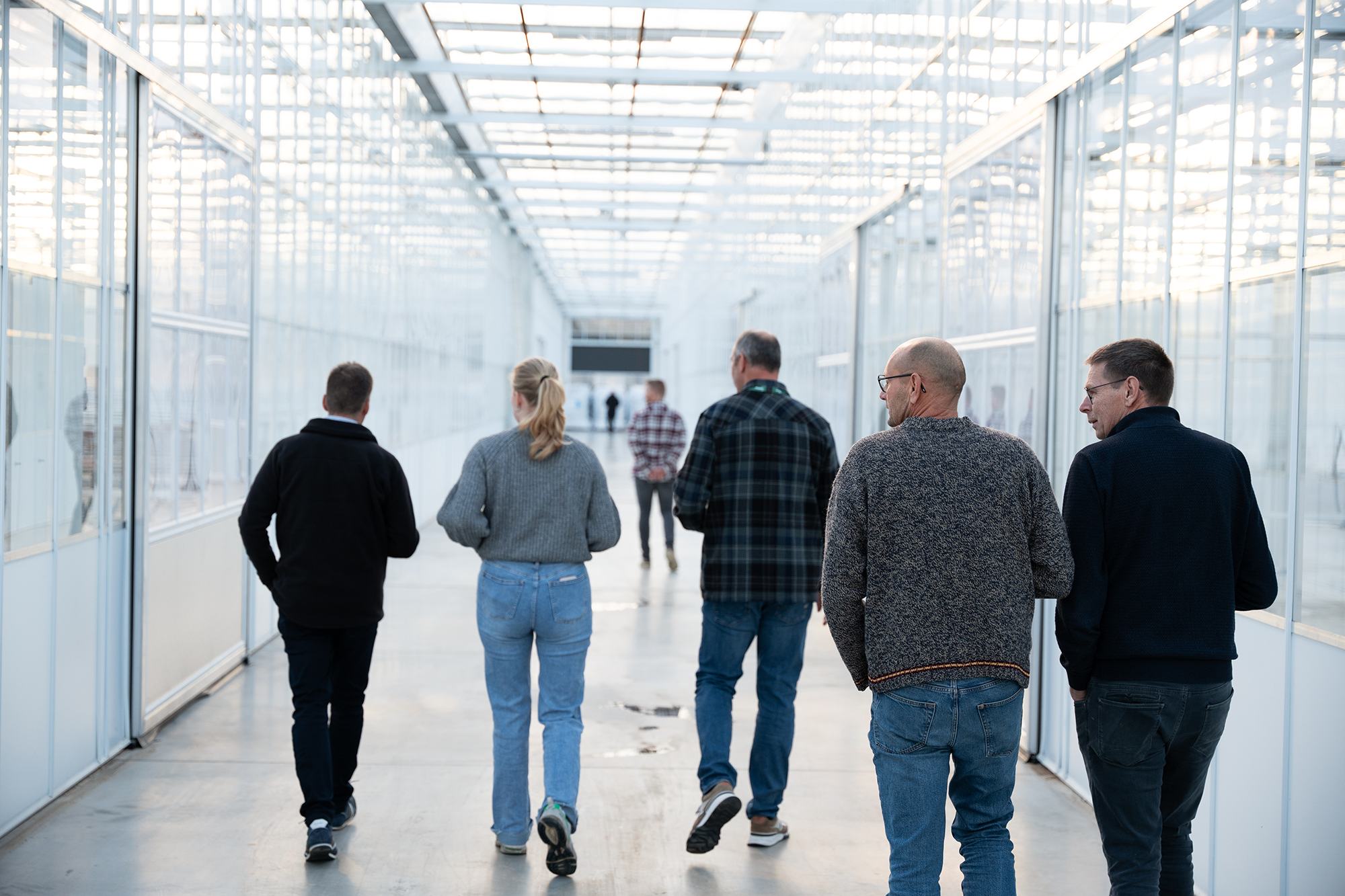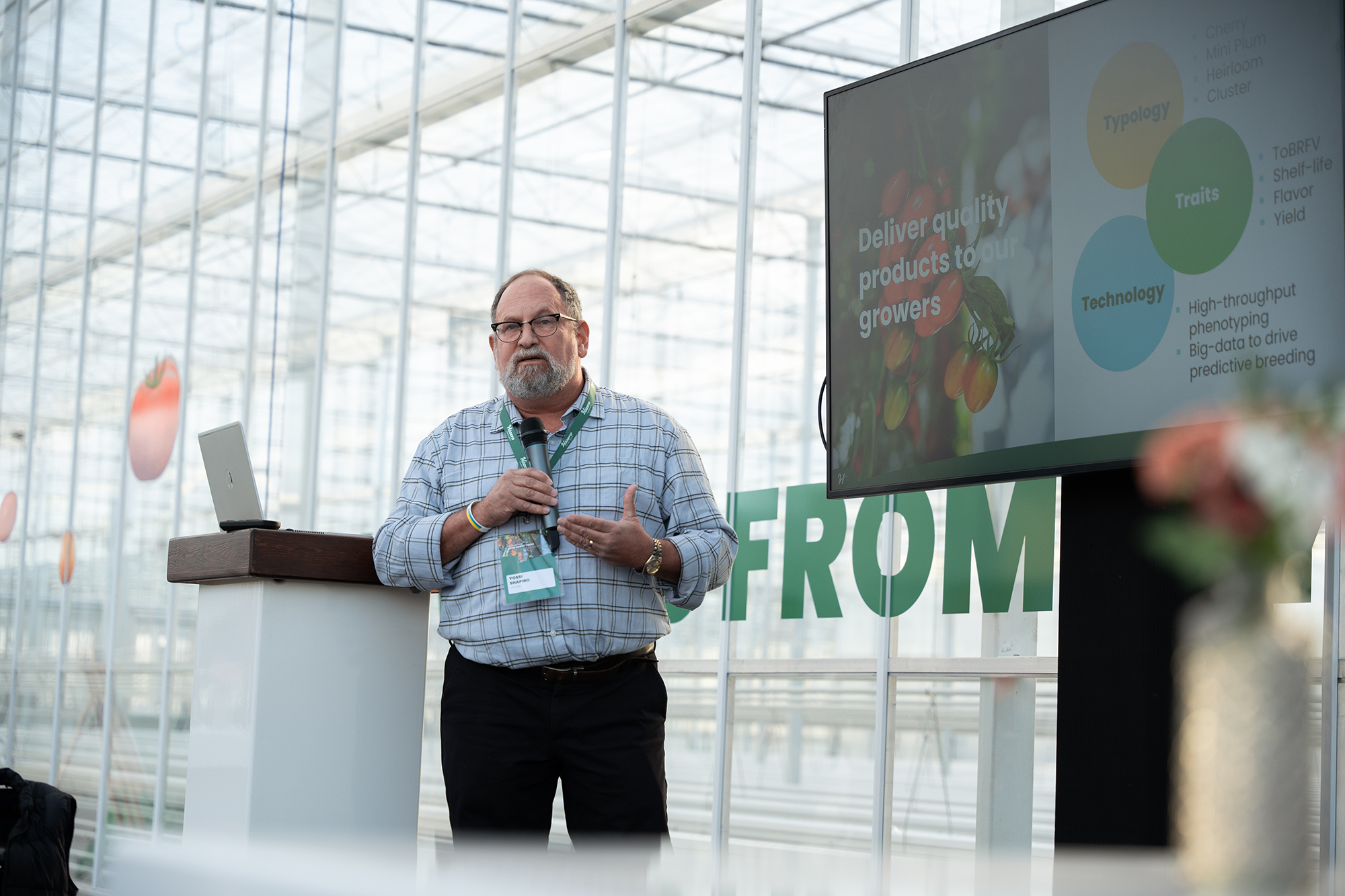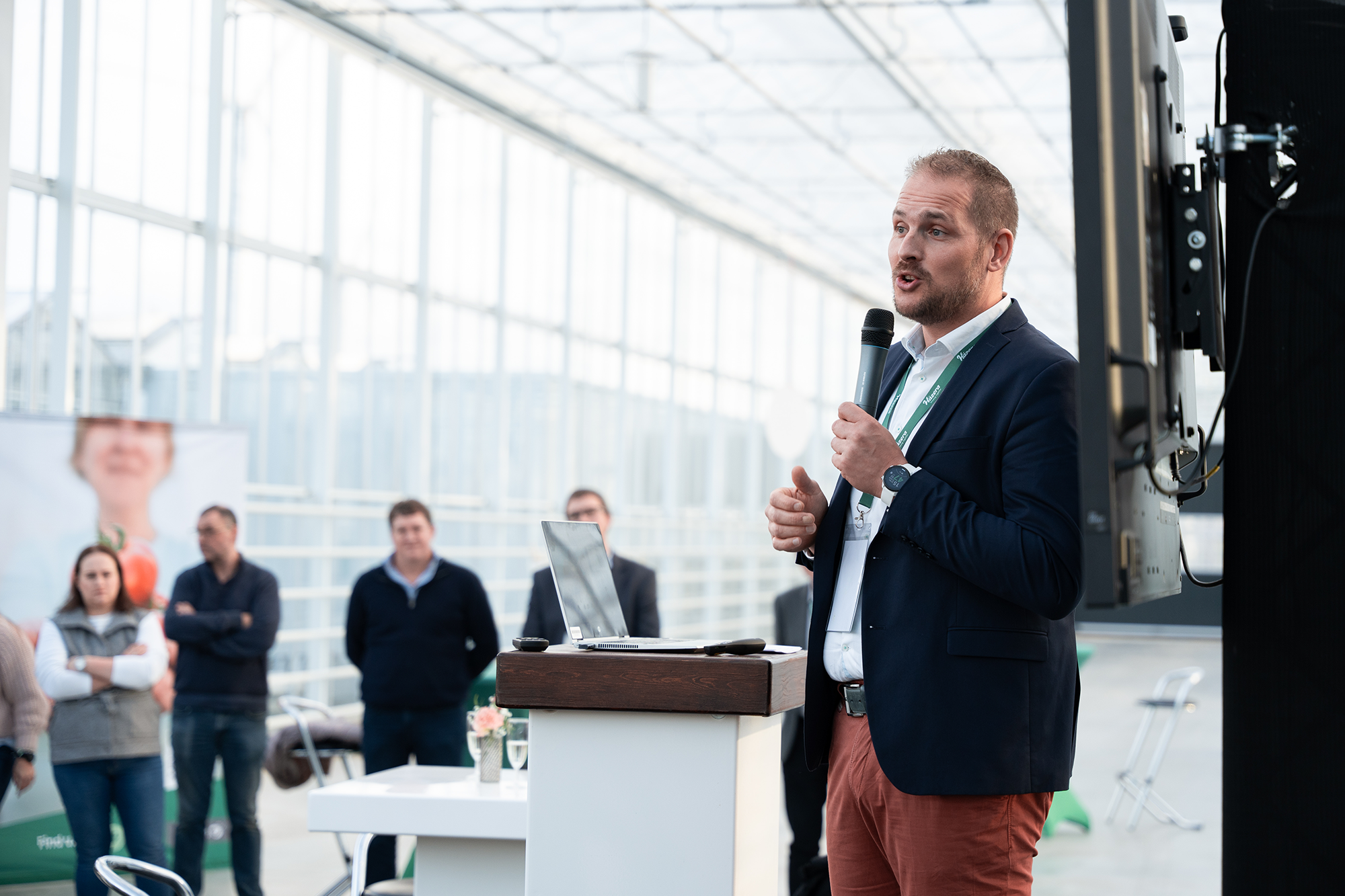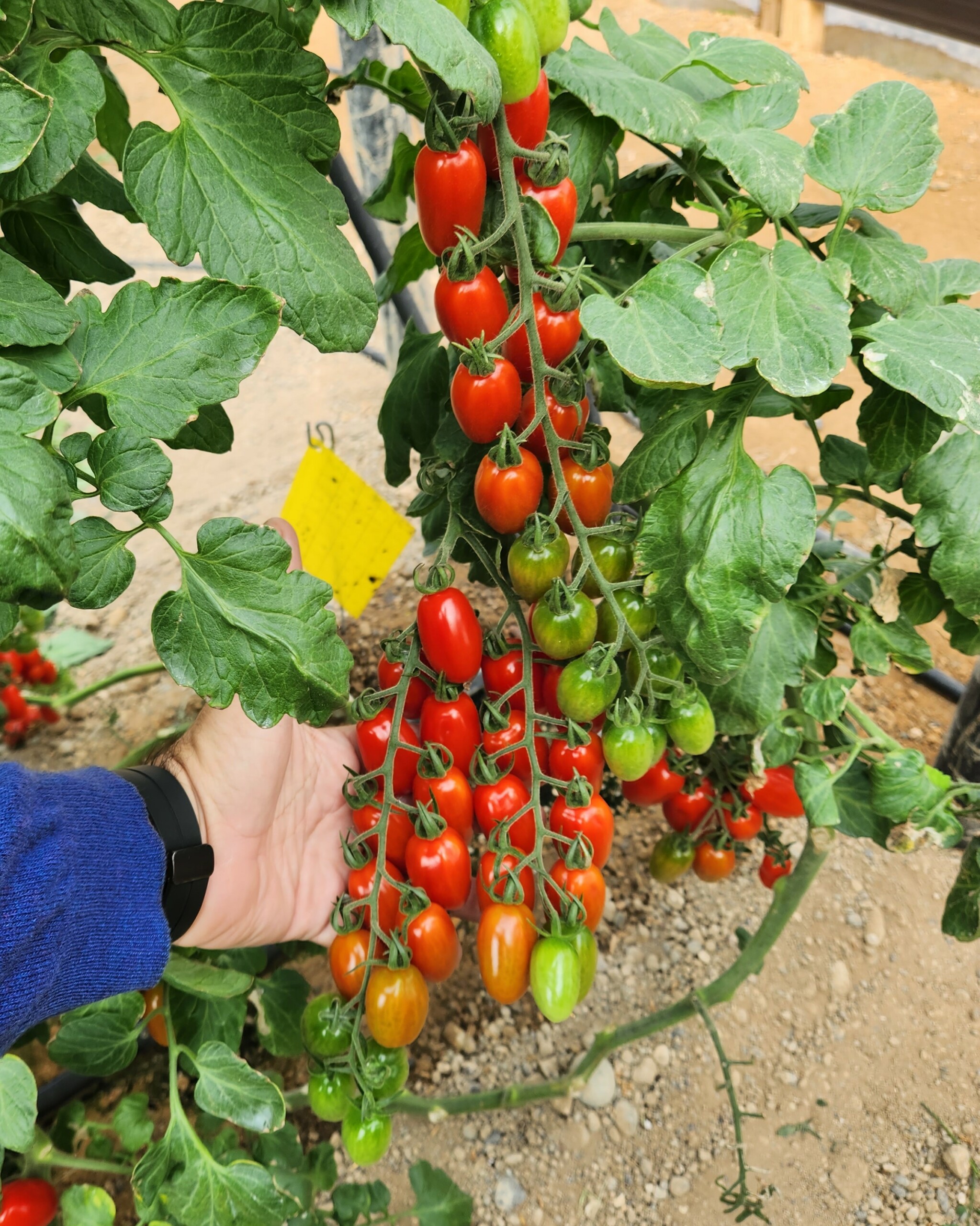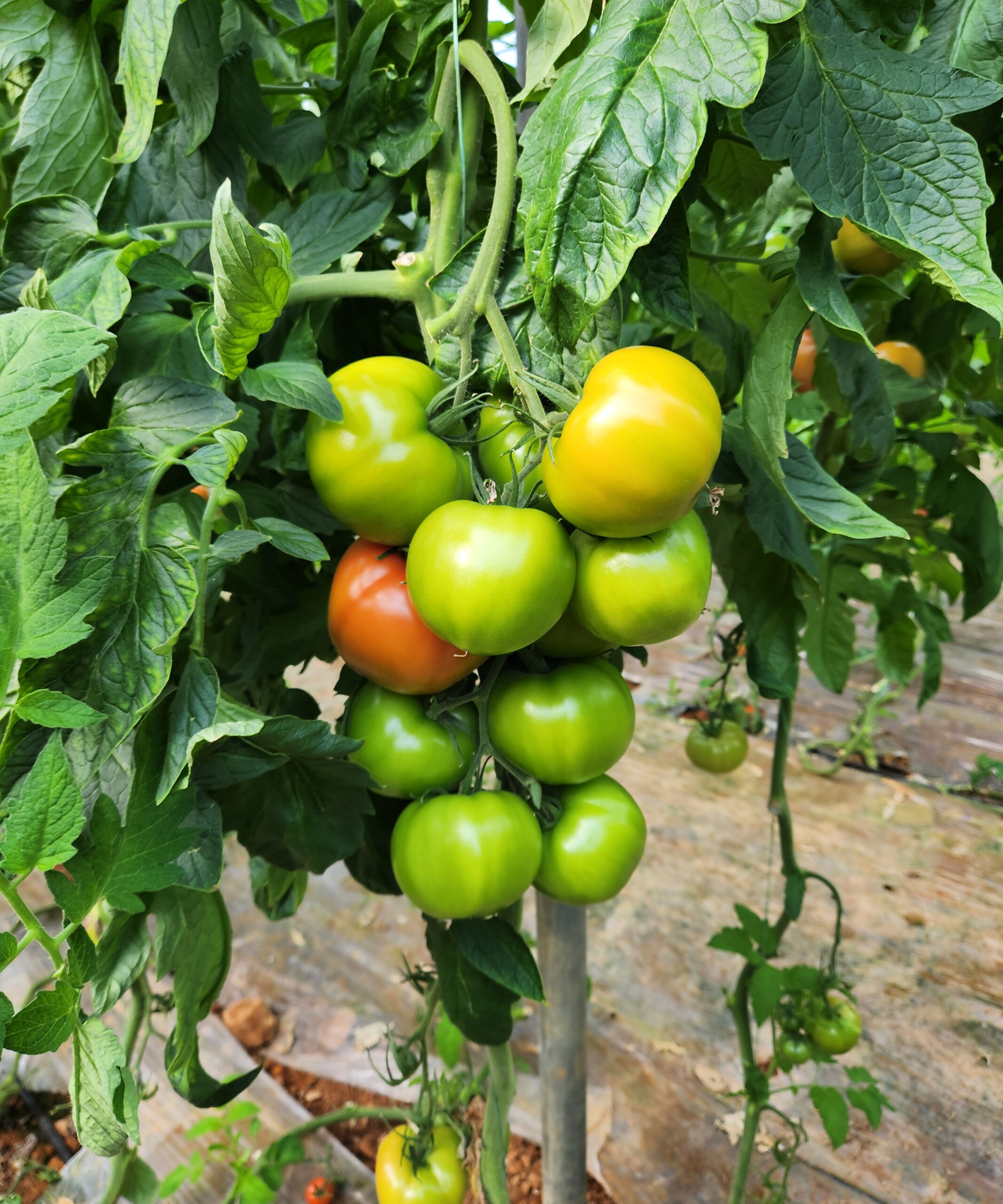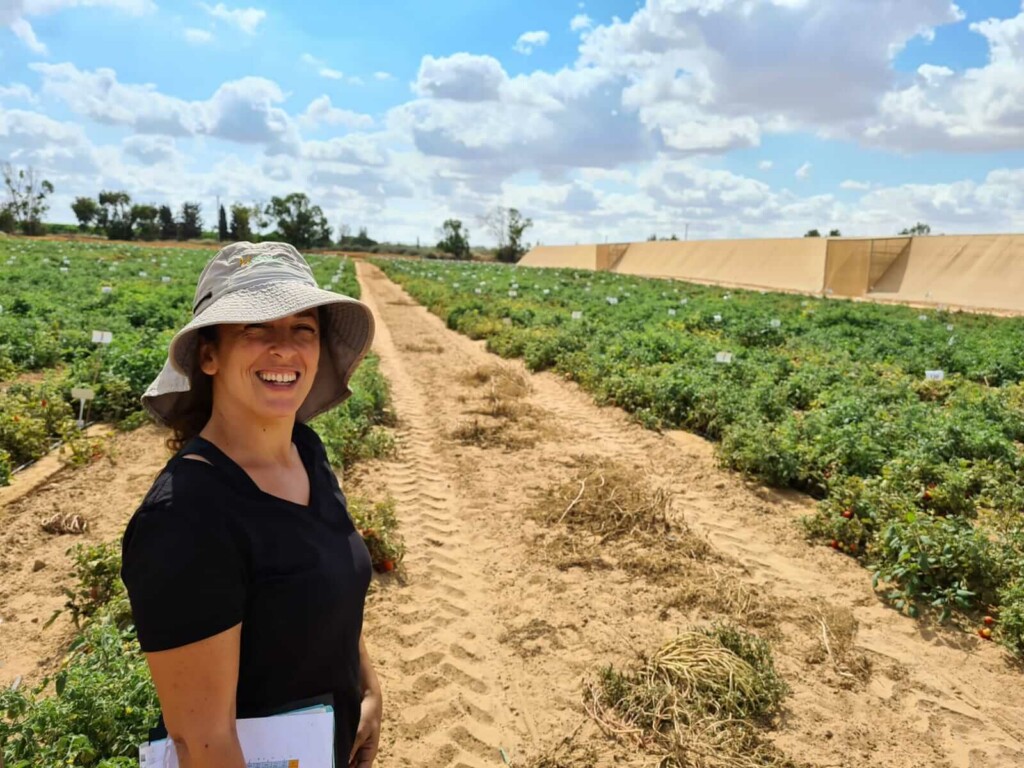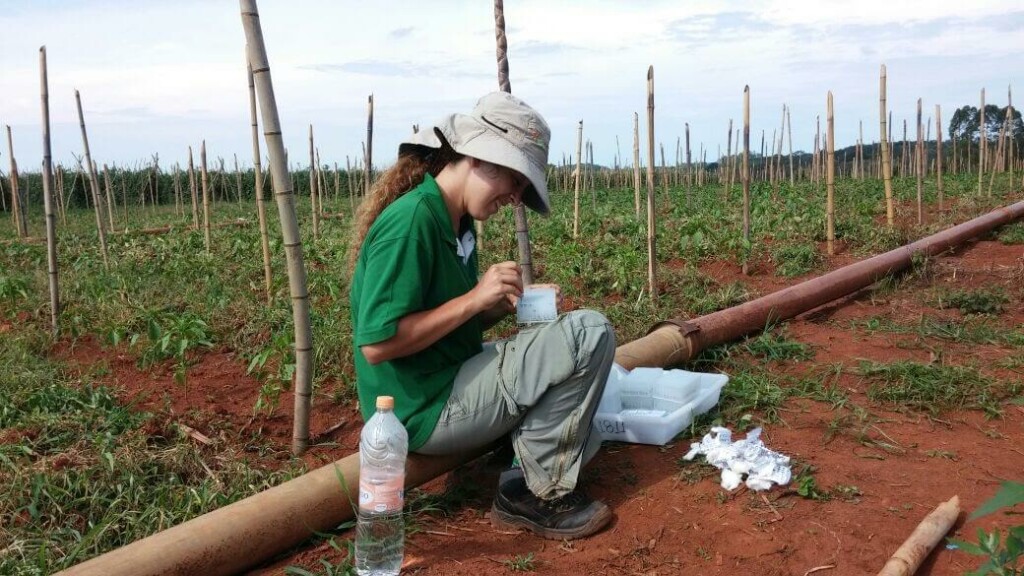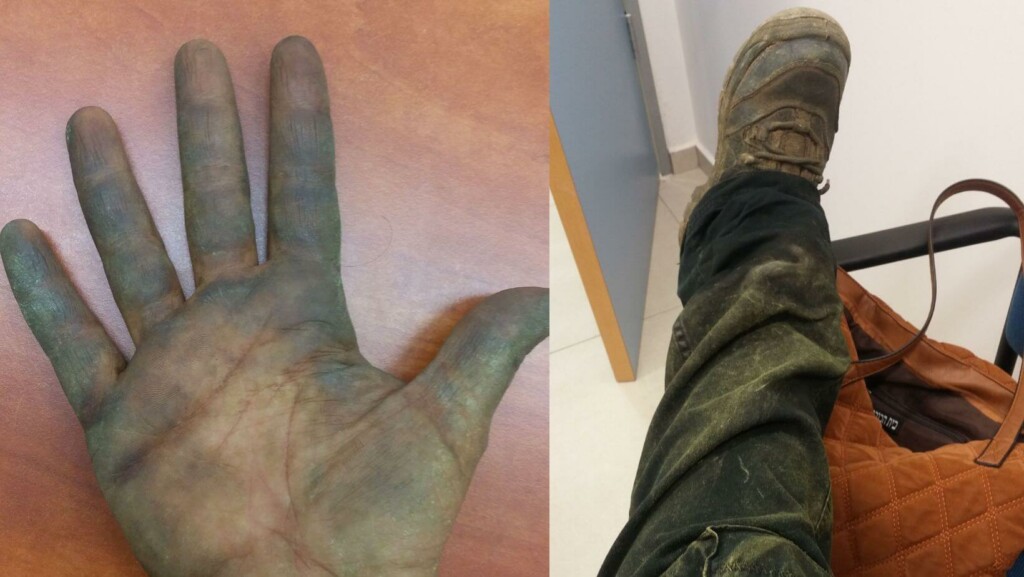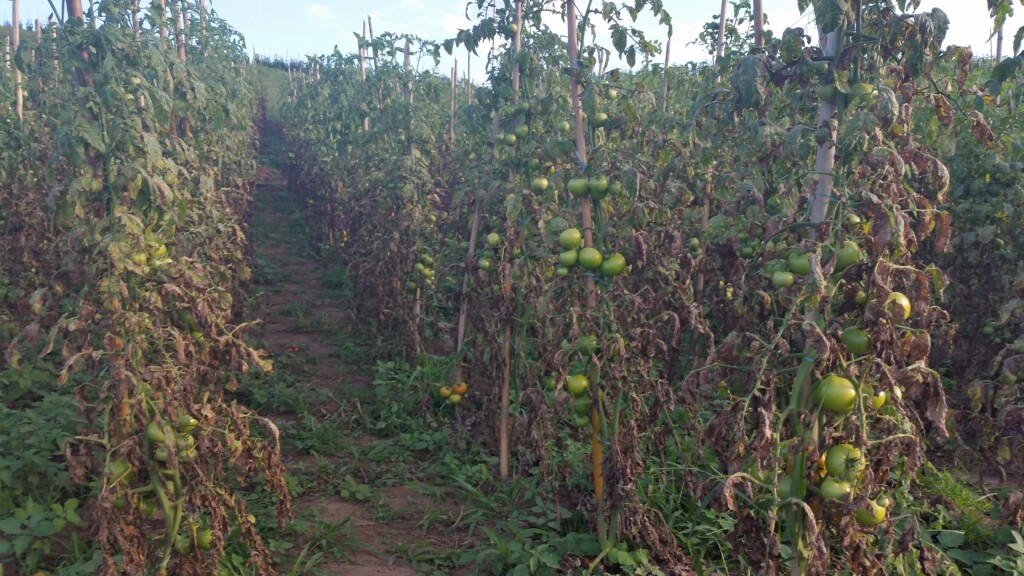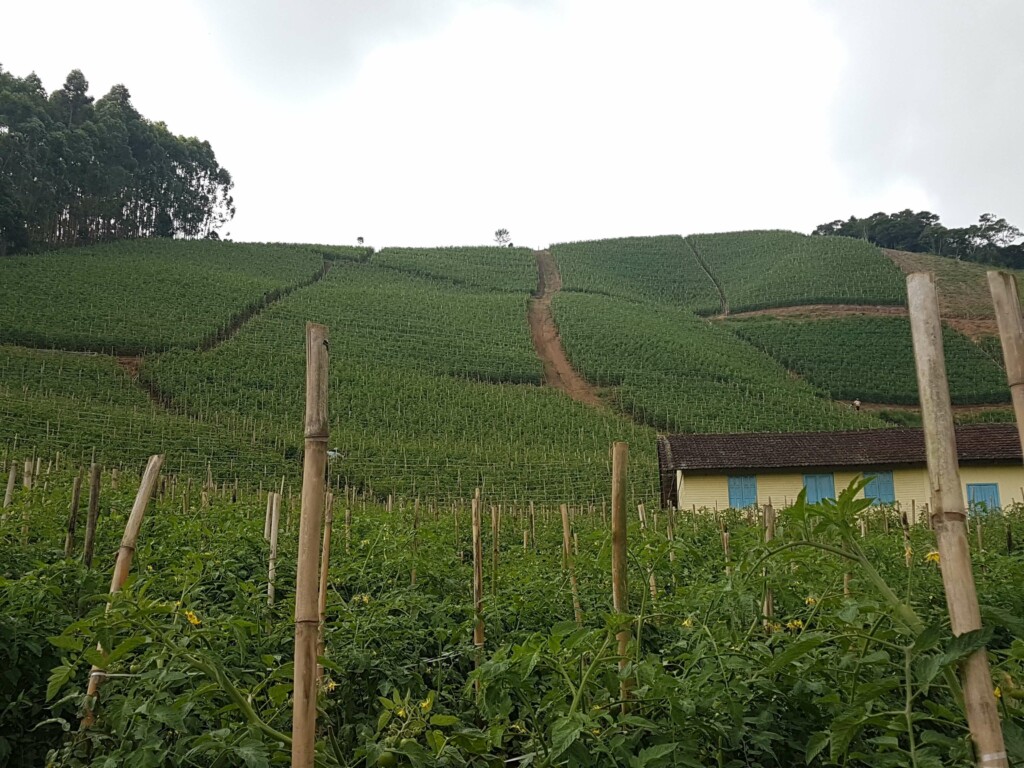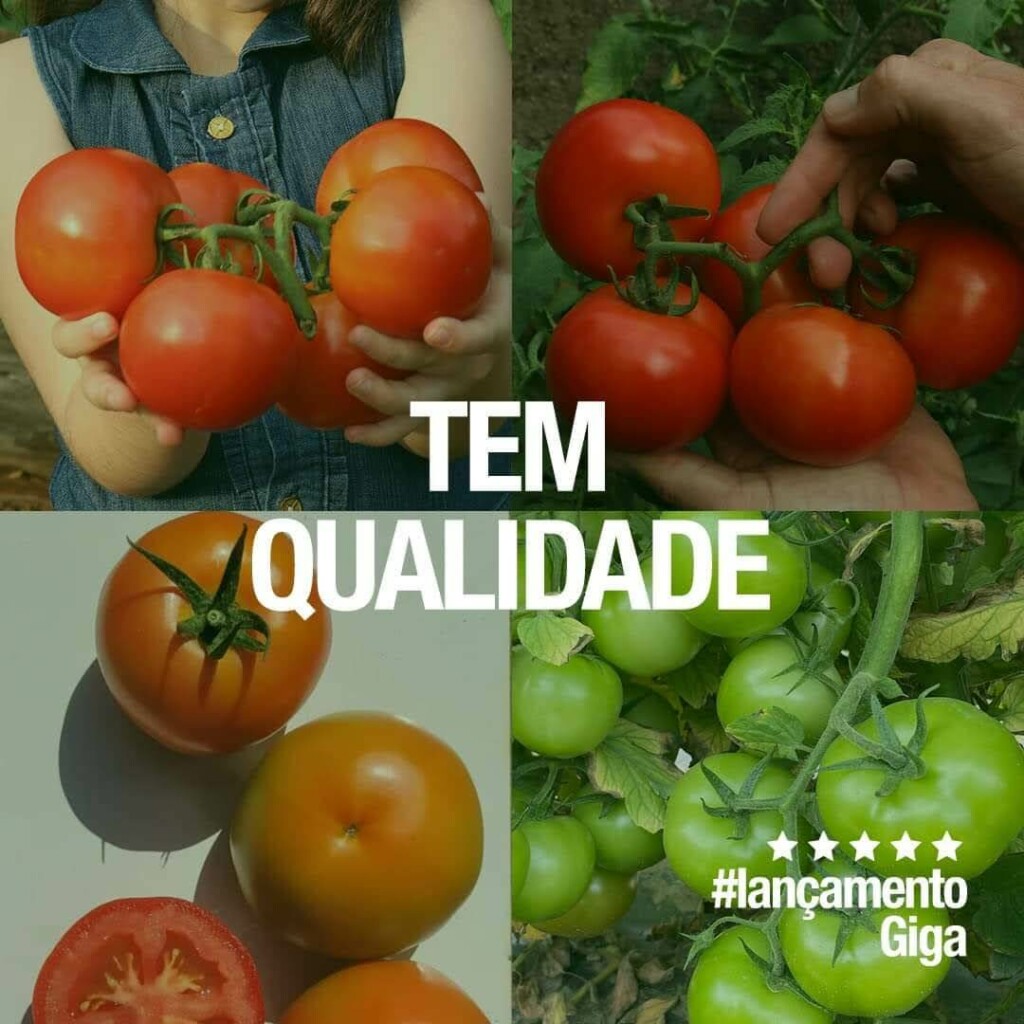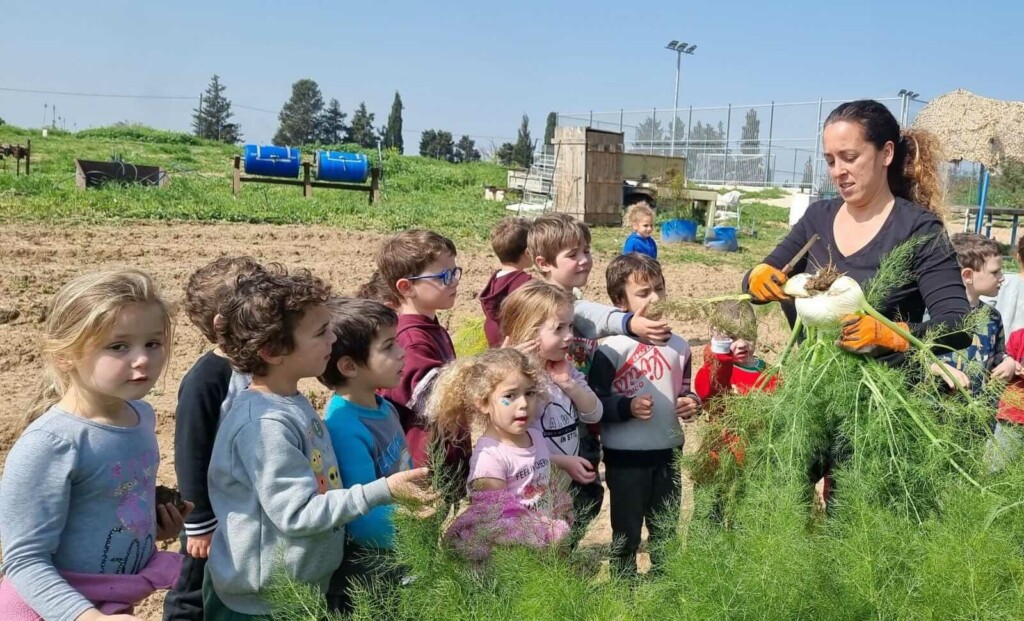The Hazera Tomato team was taken by surprise when their determinate open field variety, Galilea, became a long-standing blockbuster. It is because Hazera was traditionally known for its indeterminate greenhouse varieties and globally grown round tomatoes.
Launched 15 years ago in Mexico, Galilea significantly impacted global tomato cultivation with its large fruits and robust plants, allowing for high yields and quality previously unseen in open field tomato productions.
Building on Galilea’s success in Mexico, the tomato team took a leap of faith and introduced Galilea in different parts of the world, where with its properties, Galilea overshadowed local varieties. Let’s have a look at some success highlights:
In California, Galilea is cultivated as a bush or staked and is sold in many American retail stores.
In the Ethiopian market, Galilea had such a successful launch that it became synonymous with quality tomatoes. The firmness and low juice content of the fruit made Galilea ideal for transportation, a critical factor for local farmers and traders.
Galilea revolutionized Turkey’s summer tomato market. Initially, the Turkish market was characterized by low quality varieties, but it became evident that growers who had experience with Galilea were willing to invest more in its quality seeds as they were able to charge a premium price for the produce.
“From the beginning Galilea gave us the feeling that it was going to be a blockbuster variety. We recognized that customers were coming to us instead of us having to go to them. We didn’t need to invest heavily in marketing or promotion because the variety spoke for itself.” ~ The marketing team.
Despite its success, Galilea faced challenges in certain regions due to emerging fungi and viruses. This recognition led to investing the expertise and efforts of our R&D team into finding solutions to these challenges. Our R&D and team of breeders developed several new commercial hybrids resulting in the birth of the “Galilea family,” which fights against Fusarium 3 fungus, Powdery Mildew, and TY virus. All while preserving the superior genetics and fruit qualities of Galilea and keeping its position as a versatile choice for growers.
“Galilea is the variety that made Hazera one of the leaders in the world’s open field tomato segment.” ~ Ezri Peleg, Global Breeding Lead for Tomatoes.
Adding on its success, in 2020, Galilea achieved a remarkable milestone by recording the highest sales for a single variety and by being sold in almost 40 countries. This achievement underscored Galilea’s status as the leading tomato variety in sales, bringing pride and a sense of accomplishment to everyone involved in its development and cultivation.
Galilea’s success story is a testament to the power of targeted breeding programs and the adaptability to diverse agricultural challenges. Its high yield, exceptional quality, and robust resistance to various diseases have set new standards in tomato cultivation globally, ensuring its continued dominance and popularity in the market.
Would you like to learn more about Galilea? Don’t hesitate to contact us.


